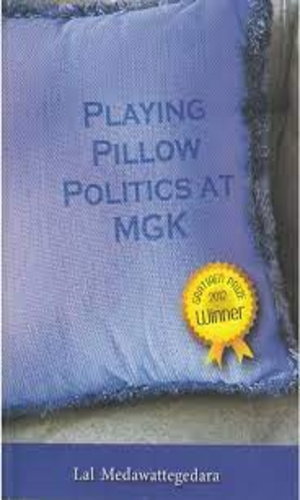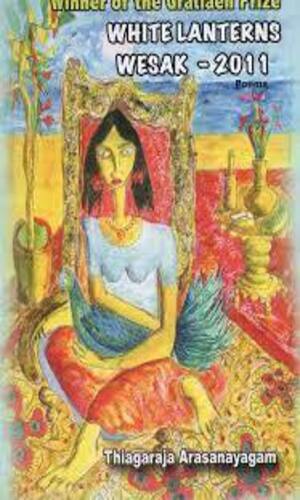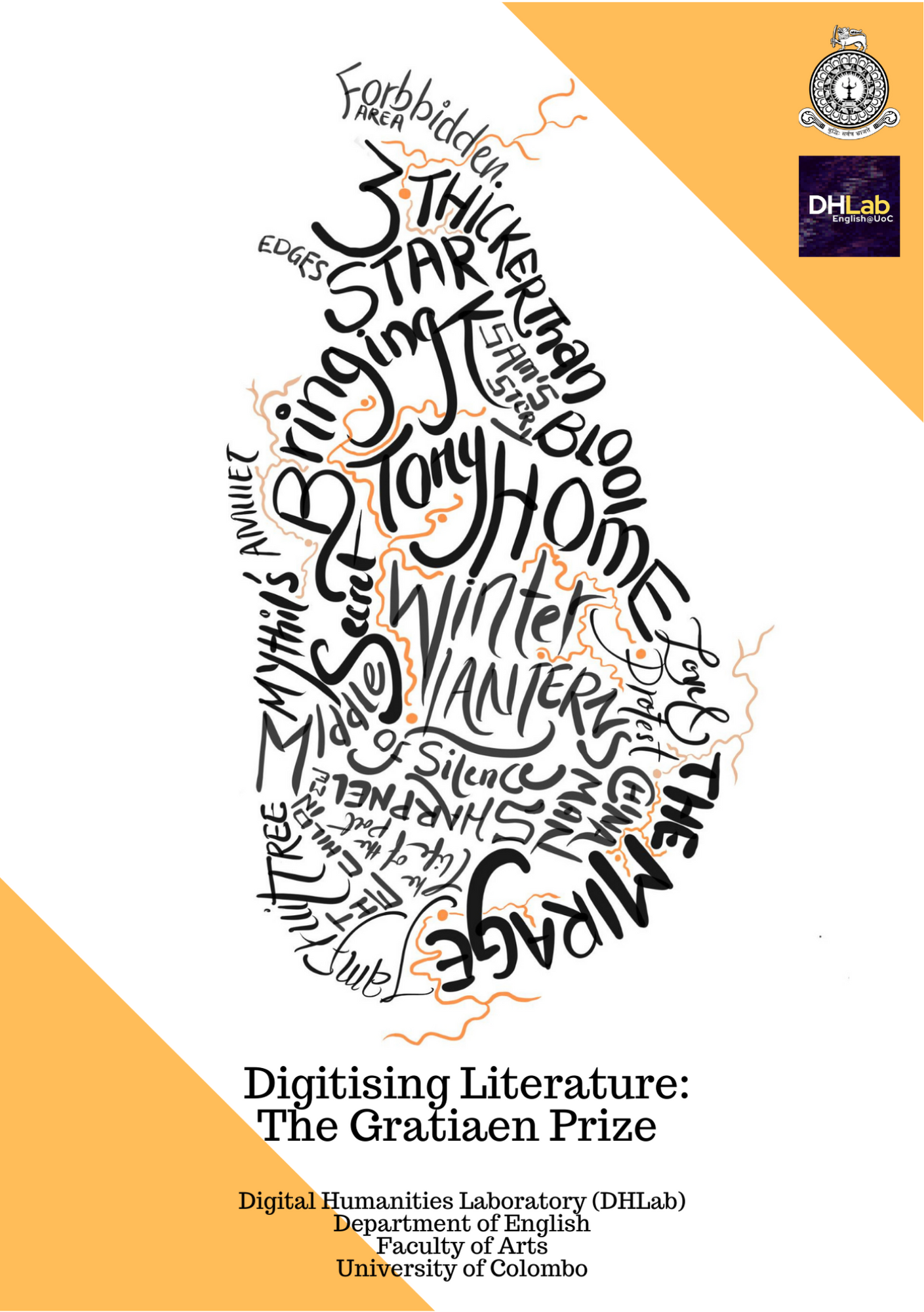





























The Digitising Literature Project: The Gratiaen Prize at a glance, is an online resource which provides access to selected texts that have been awarded the Gratiaen Prize during the period of 1992 – 2022, coinciding with the Gratiaen Trust’s 30th anniversary. Not only is the text hosted in a readable format, but also a comprehensive secondary archive with annotations and supplementary material relevant to the text.
The thought process behind bringing the Digitising Literature Project: The Gratiaen Prize to life is two-fold. On the one hand, is the ambition to populate the relatively sparse landscape of digital literary archives in Sri Lanka, specifically those of which are dedicated to creative writing in English in Sri Lanka. On the other hand and perhaps more importantly, the Digitising Literature Project: The Gratiaen Prize is designed to be a home-grown, experimental, and ongoing digital archival space for literature that is vested in pedagogical and research interests situated in an English Studies classroom in higher education.
While the Digitising Literature Project does not claim to be a digital literary archive per se, and identifies as an online literary resource for the most part, the concept of a digital literary archive has been of core importance to its design. A digital literary archive, although a normal and a routinized practice in the digital landscape of the Global North, to us engaged in pedagogical work and study in the Global South, seem few and far in between. It goes without saying that the engagement with text in most (if not all) forms and media, is the foundation of every academic, research, pedagogical and thought-based exercise of a Department of English located in a university setting. Work done in the Digital Humanities focuses on the critique, development and application of digital technologies in pedagogy, especially for students seen as ‘digital natives’ who are more attuned to the intertwining of digital practices, tools and spaces in their lives.
As a DHLab of a Department of English situated in the Global South, it is almost a natural next step to address a gap in the pool of digital and other resources available to students, teachers, educators, researchers and archivists pursuing academic and research work in English Studies in Sri Lanka.

